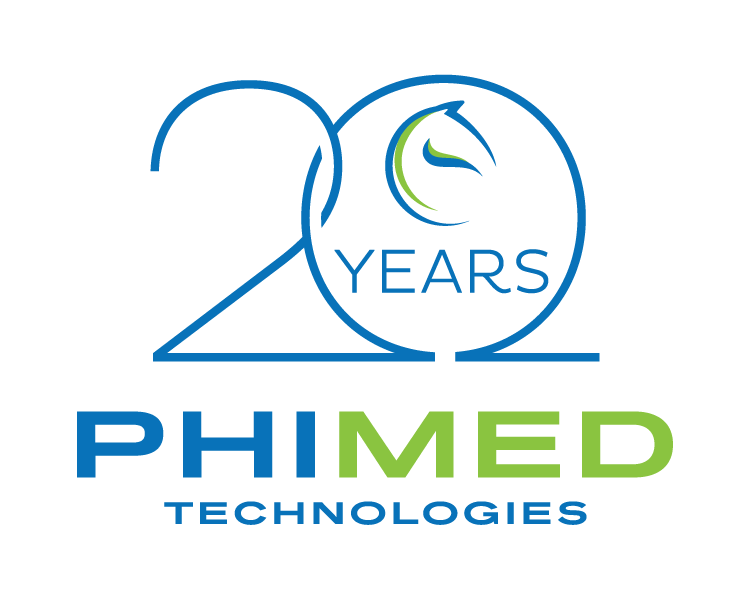
Securing Payments and Building Trust in RCM
Revenue cycle management is evolving beyond the traditional back-office tasks of claim submission and payment collection.
Patients are no longer passive participants, they are active stakeholders in their healthcare journey, and their experience with billing and financial communications has a direct impact on satisfaction, retention, and timely payments. Clear, accessible, and transparent payment information is a critical component of sustainable revenue operations.
Healthcare providers are increasingly turning to enhanced patient engagement strategies to bridge the gap between financial responsibility and patient understanding. This includes providing clear, itemized statements, offering flexible payment plans, and ensuring consistent support throughout the payment process. Studies have shown that when patients understand their financial obligations and have avenues for assistance, collections improve, disputes decrease, and overall trust in the provider grows.
Enhanced patient engagement also intersects with broader financial advocacy. Patient advocacy goes beyond answering billing questions—it involves guiding individuals through complex payment options, offering tailored financial plans, and proactively identifying obstacles that may prevent timely payment. For healthcare organizations, this approach not only accelerates revenue but also builds long-term loyalty and confidence in the care experience.
As patient data is increasingly digitized and healthcare regulations are more stringent than ever, providing this level of engagement requires a secure, compliant, and resilient infrastructure. Cybersecurity threats continue to rise, and the sensitivity of healthcare data demands that every payment interaction, every portal login, and every financial record be protected to the highest standard. Advanced technologies, including blockchain for immutable data records, are becoming integral to safeguarding patient information while enabling seamless financial engagement.
The reality of managing sensitive patient financial data demands the highest level of security.
PHIMED recognizes that the risk is too high, regulations are strict, and the consequences of data breaches are significant. That’s why our solutions incorporate rigorous cybersecurity measures and blockchain technology to protect every transaction, communication, and record. Blockchain provides an immutable ledger of transactions, ensuring transparency, auditability, and protection against unauthorized changes.
We uphold our clients’ trust by combining cutting-edge technology with operational discipline. Our platform, integrated portals, and workflows meet the industry’s most rigorous standards: SOC 2 Type 2, HIPAA Compliance, and PCI DSS Level 1 certification. But certifications alone are not enough.
At PHIMED Technologies, we go further to safeguard sensitive data through:
- Quarterly and annual independent audits that validate security controls
- Internal monthly security council reviews to identify and remediate risks proactively
- Continuous monitoring and immediate issue resolution to respond to threats in real time
- Vendor and third-party security verification to ensure every link in the chain meets our standards
- Zero-trust policies and two-factor authentication for all access points, preventing unauthorized entry
Choosing PhyGeneSys is partnering with a team dedicated to protecting both your financial health and your reputation. Our uncompromising commitment to trust, transparency, and ongoing verification ensures that every claim processed, every payment collected, and every patient interaction is secure, compliant, and optimized for sustainable success.
Enhanced Patient Engagement blends technology, human intelligence, and rigorous security to support the long-term growth and stability of your practice.
By integrating proactive payment solutions, patient-focused financial advocacy, and state-of-the-art data security, PHIMED empowers organizations to operate with confidence and precision.




